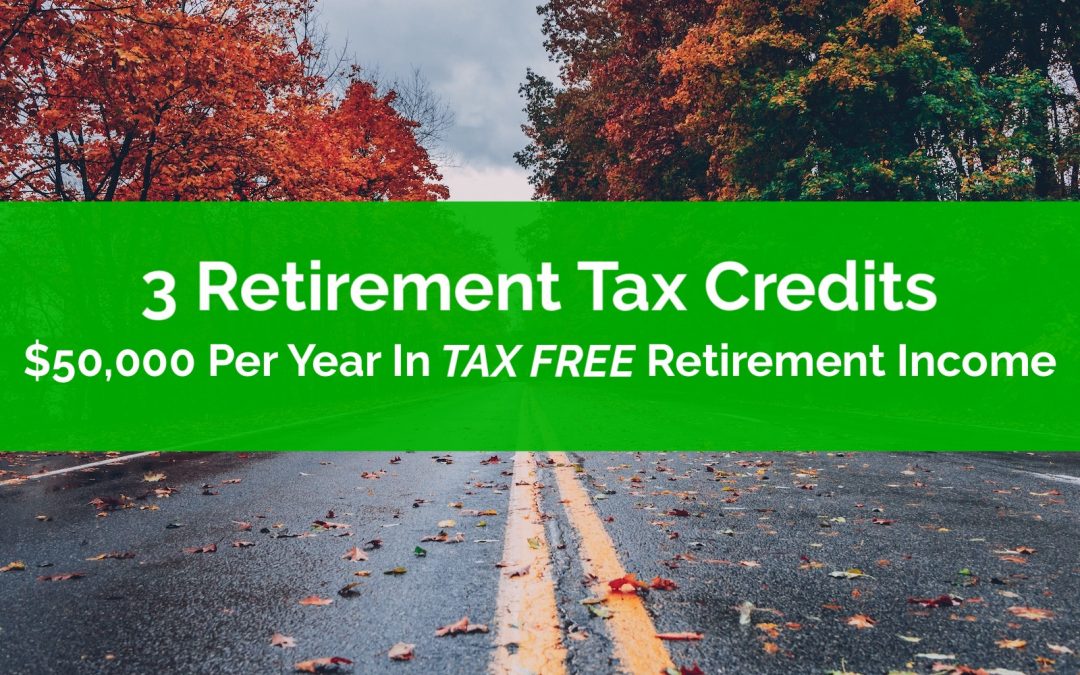“Welcome to the PlanEasy blog! We make personal finance easy.
Thanks for visiting.”
– Owen

Never Get Surprised By An Unexpected Expense Again!
Some surprises are great… but one surprise no one likes is an unexpected expense. An unexpected expense can wreak havoc on your personal finances. Unfortunately, unexpected expenses are extremely common, especially for those who own homes and vehicles.
For those of us who own large depreciating assets like vehicles, homes, boats, RVs etc., planning for unexpected expenses is an important financial habit. We need to prepare for future repairs and upgrades, even if they’re not entirely predictable.
At PlanEasy we call these types of expenses “infrequent expenses”. Unlike your regular monthly bills, infrequent expenses are not regular and are much less predictable. It’s hard to predict both the size and timing of infrequent expenses but they are still expenses that we need to prepare for.
If you own a depreciating asset like a home or vehicle then you can be guaranteed to have some large expenses in the future. To prepare for these expenses you need to set aside a certain amount of money each month, otherwise you’ll feel a nasty cash flow pinch in the future, or in a worst-case scenario, end up in debt. For those with a large home and 1-2 vehicles, setting aside $500 to $1,000+ per month is a pretty common goal. How much are you setting aside for infrequent expenses? Is it enough?
To manage these infrequent expenses, we can use a “fund” or “funds”. A fund is a small pot of money that you contribute to regularly. It’s set aside in a high-interest savings account and waits there ready to help when these types of expenses occur. We don’t like to think of this as savings, and its not an emergency fund, this is future spending that just hasn’t quite happened yet.

These 3 Retirement Tax Credits Equal Up To $50,000+ Per Year In Tax Free Income
When we talk about retirement planning with our clients one topic that inevitably comes up is tax planning.
Income tax is often the single largest expense in retirement. Larger than travel, food, or medical expenses.
Income tax often comes up when we talk about retirement planning because many people are worried about paying too much tax in retirement and negatively impacting their retirement spending goals.
Many people do not realize that in retirement there are new tax credits that can help reduce income tax, sometimes to zero. It’s understandable that people aren’t aware of these tax credits because they’re mostly available to those over age 65, so they’re not necessarily on someone’s radar if they’re under age 65.
Paying less tax in retirement is nice, but what if you could pay NO TAX at all in retirement? With some pre-retirement planning that is easily possible.
There are three important tax credits that can help you earn over $25,000 per year as an individual, or over $50,000 per year as a couple, and pay zero tax in retirement.
In this blog post we’re going to look at three important tax credits in retirement, two of which, for most people, are only available after age 65. We’re also going to work backward to craft a retirement plan that provides $75,000 per year in spending with zero tax.

What Is The Best & Worst Province For Your Personal Finances? Take A Guess
One of the amazing things about financial planning and retirement planning is how much the details matter. One detail in particular is very important and that is the province you live in.
It’s not even about the difference in cost of living, or the difference in average salary. Even with every factor being equal, just the difference in tax rates and provincial benefits are enough to impact your financial plan over time.
We’ve worked with clients who are nearly identical in every detail except for the province they live in. One client is very successful, while the other will run out of money in the future.

Owen Winkelmolen
Advice-only financial planner, CFP, and founder of PlanEasy.ca
“Welcome to the PlanEasy blog! We make personal finance easy.
Thanks for visiting.”
– Owen
New blog posts weekly!
Tax planning, benefit optimization, budgeting, family planning, retirement planning and more...

Never Get Surprised By An Unexpected Expense Again!
Some surprises are great… but one surprise no one likes is an unexpected expense. An unexpected expense can wreak havoc on your personal finances. Unfortunately, unexpected expenses are extremely common, especially for those who own homes and vehicles.
For those of us who own large depreciating assets like vehicles, homes, boats, RVs etc., planning for unexpected expenses is an important financial habit. We need to prepare for future repairs and upgrades, even if they’re not entirely predictable.
At PlanEasy we call these types of expenses “infrequent expenses”. Unlike your regular monthly bills, infrequent expenses are not regular and are much less predictable. It’s hard to predict both the size and timing of infrequent expenses but they are still expenses that we need to prepare for.
If you own a depreciating asset like a home or vehicle then you can be guaranteed to have some large expenses in the future. To prepare for these expenses you need to set aside a certain amount of money each month, otherwise you’ll feel a nasty cash flow pinch in the future, or in a worst-case scenario, end up in debt. For those with a large home and 1-2 vehicles, setting aside $500 to $1,000+ per month is a pretty common goal. How much are you setting aside for infrequent expenses? Is it enough?
To manage these infrequent expenses, we can use a “fund” or “funds”. A fund is a small pot of money that you contribute to regularly. It’s set aside in a high-interest savings account and waits there ready to help when these types of expenses occur. We don’t like to think of this as savings, and its not an emergency fund, this is future spending that just hasn’t quite happened yet.

These 3 Retirement Tax Credits Equal Up To $50,000+ Per Year In Tax Free Income
When we talk about retirement planning with our clients one topic that inevitably comes up is tax planning.
Income tax is often the single largest expense in retirement. Larger than travel, food, or medical expenses.
Income tax often comes up when we talk about retirement planning because many people are worried about paying too much tax in retirement and negatively impacting their retirement spending goals.
Many people do not realize that in retirement there are new tax credits that can help reduce income tax, sometimes to zero. It’s understandable that people aren’t aware of these tax credits because they’re mostly available to those over age 65, so they’re not necessarily on someone’s radar if they’re under age 65.
Paying less tax in retirement is nice, but what if you could pay NO TAX at all in retirement? With some pre-retirement planning that is easily possible.
There are three important tax credits that can help you earn over $25,000 per year as an individual, or over $50,000 per year as a couple, and pay zero tax in retirement.
In this blog post we’re going to look at three important tax credits in retirement, two of which, for most people, are only available after age 65. We’re also going to work backward to craft a retirement plan that provides $75,000 per year in spending with zero tax.

What Is The Best & Worst Province For Your Personal Finances? Take A Guess
One of the amazing things about financial planning and retirement planning is how much the details matter. One detail in particular is very important and that is the province you live in.
It’s not even about the difference in cost of living, or the difference in average salary. Even with every factor being equal, just the difference in tax rates and provincial benefits are enough to impact your financial plan over time.
We’ve worked with clients who are nearly identical in every detail except for the province they live in. One client is very successful, while the other will run out of money in the future.
Join over 250,000 people reading PlanEasy.ca each year. New blog posts weekly!
Tax planning, benefit optimization, budgeting, family planning, retirement planning and more...
Join over 250,000 people reading PlanEasy.ca each year. New blog posts weekly!
Tax planning, benefit optimization, budgeting, family planning, retirement planning and more...
